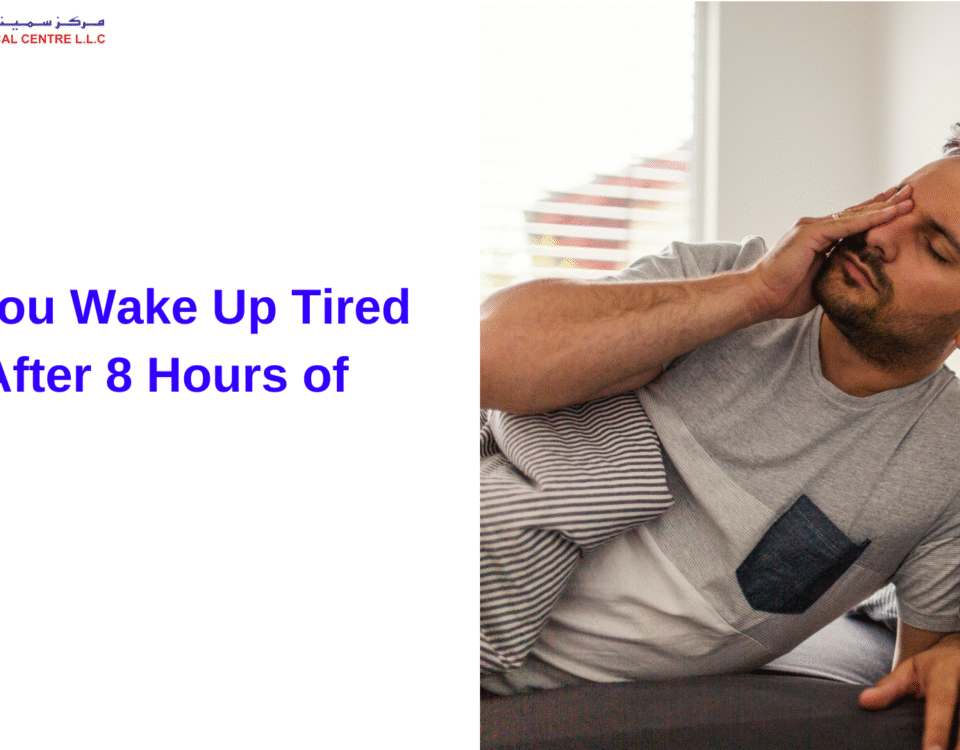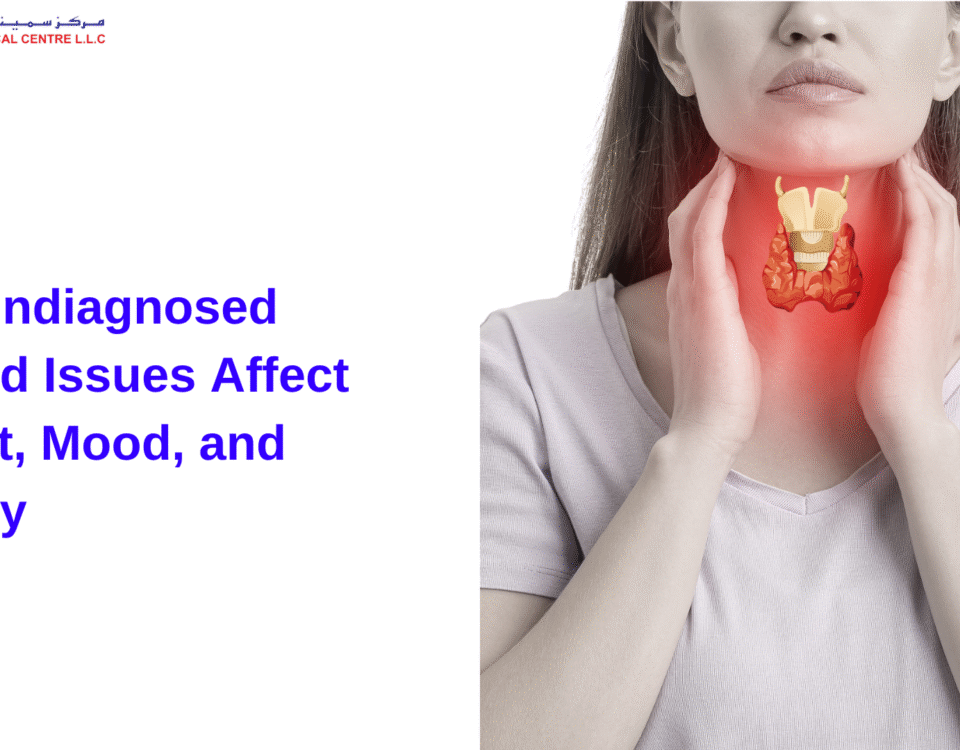
Easy Ways to Overcome Allergic Reactions During Pollen Season
May 29, 2025
What to Do If You See Someone Having a Heat Stroke
June 12, 2025How to Deal with Postpartum Depression: A Guide for New Mothers

Dealing with postpartum depression starts by facing it head-on with awareness and action. This condition affects many women after childbirth and often stems from a combination of physical changes, emotional stress, and hormonal shifts.
The most important step you can take is to acknowledge that your feelings are valid and deserve attention. From there, recovery involves a series of intentional steps: speaking with your healthcare provider, leaning on support systems, creating manageable routines, and exploring professional therapies.
This guide outlines key strategies for how to cope with postpartum depression, explains what signs to look for, and highlights the treatment options available. Continue reading for a clear path forward.
Effective Ways to Cope with Postpartum Depression
Below are practical strategies you can begin implementing to manage postpartum depression more effectively.
1. Acknowledge What You’re Feeling
Your emotions may feel confusing or overwhelming, but naming them is the first step toward managing them. Postpartum depression can arise from hormone imbalance, psychological adjustment to motherhood, and physical exhaustion. Accepting that what you’re experiencing is real allows you to take appropriate action.
2. Talk to a Healthcare Provider Early
It is critical to consult your doctor or a maternal mental health specialist if symptoms persist beyond two weeks or intensify. Medical professionals can confirm a diagnosis and begin a tailored postpartum depression treatment plan that fits your condition and lifestyle.
3. Build a Daily Routine with Small Wins
Organizing your day around small, achievable goals can improve your outlook. Whether it’s preparing a meal, going for a short walk, or taking a shower, these small victories restore a sense of structure and personal control, which is often lost during the postpartum period.
4. Ask for Support from Loved Ones
You do not have to go through this alone. Lean on those close to you, such as your spouse, relatives, or friends, for emotional and practical support. Even brief periods of rest or uninterrupted sleep can significantly improve your mood and clarity.
5. Join a Local or Online Support Group
Engaging with others who understand your experience can be deeply reassuring. Online or in-person support groups provide a space where mothers can share, listen, and support one another. The shared dialogue often helps reduce feelings of isolation and shame.
How to Find Support Groups in Sharjah
- Follow UAE-based Instagram pages like @uaemomsguide or @sharjahmoms: These local parenting communities regularly share events, meetups, and support group opportunities tailored for moms in Sharjah.
- Join WhatsApp or Telegram groups through local mom networks: Many active mom communities in Sharjah organize private group chats where support group invitations and emotional wellness resources are shared discreetly and regularly.
6. Consider Professional Therapy Options
Psychotherapy is an effective and widely recommended treatment for postpartum depression. Both Cognitive Behavioural Therapy (CBT) and Interpersonal Therapy (IPT) focus on improving emotional resilience, identifying unhealthy thought patterns, and building practical coping strategies.
7. Explore Medication If Recommended
In more moderate to severe cases, antidepressants may be introduced as part of a broader treatment plan. These medications help manage chemical imbalances and regulate mood. When prescribed responsibly and monitored by a physician, they can be safe and effective, including during breastfeeding.
Note: Do not use any medications or hormonal therapies without prior consultation from a licensed healthcare provider.
8. Prioritize Self-Care Without Guilt
Your mental health is part of your child’s well-being. Prioritizing sleep, eating well, gentle physical activity, and brief periods of rest is not selfish—it is necessary. Release the guilt often associated with taking time for yourself. Your recovery depends on it
What Are the Signs of Postpartum Depression?
Recognizing the symptoms of postpartum depression is essential for seeking the right support at the right time. Common signs include:
- Lasting sadness or hopelessness
- Irritability or mood swings
- Loss of interest in activities once enjoyed
- Difficulty bonding with your baby
- Significant changes in appetite or sleep
If any of these symptoms persist for more than two weeks, it may indicate postpartum depression rather than temporary emotional fluctuations.
When You Should Seek Immediate Medical Help
There are critical warning signs that require immediate attention. If you experience thoughts of harming yourself or your baby, persistent suicidal thoughts, or begin to feel disconnected from reality, seek emergency help without delay. These symptoms represent a medical crisis and should not be managed alone.
Call a Mental Health Provider or Emergency Services for Urgent Intervention!
What Are the Postpartum Depression Treatment Options
Several treatment paths exist and may be used in combination based on the severity of symptoms and personal preferences:
- Talk Therapy (CBT, IPT): Offers structured emotional support
- Antidepressant Medications: May help restore chemical balance in the brain
- Hormonal Treatments: Target underlying hormone imbalance
- Lifestyle Changes and Integrative Approaches: Includes nutrition, physical activity, mindfulness, and sleep hygiene.
Conclusion
Dealing with postpartum depression involves understanding your condition, recognizing the signs early, and taking active steps to recover. From acknowledging your feelings and speaking with healthcare professionals to exploring therapy, medication, support groups, and self-care, every action contributes to restoring emotional health.
At Sameena Medical Centre, we are committed to supporting every stage of your maternal mental health journey. Reach out to our team for confidential guidance, personalized care, and trusted treatment options tailored to your recovery.





